
Which patients are most likely to find a computer-based program helpful?

Which patients are most likely to find a computer-based program helpful?

A podcast on the role of randomized controlled trials in mobile mental health research.

Here’s the major ingredient in a new psychotherapy for bipolar disorder.
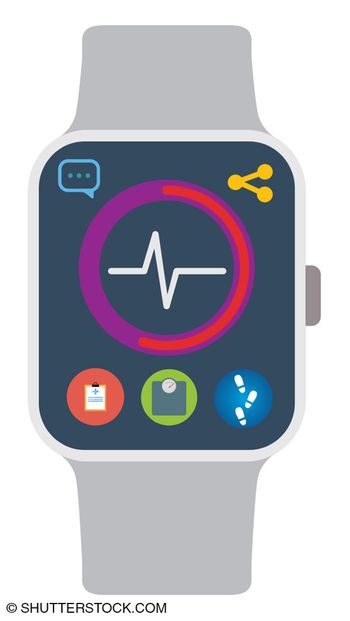
Can a wearable device improve mental health outcomes?

Depend on it: like managed care, e-prescribing will come to your neighborhood sooner or later-- and will truly constitute the law of the land. Here's guidance for the perplexed.
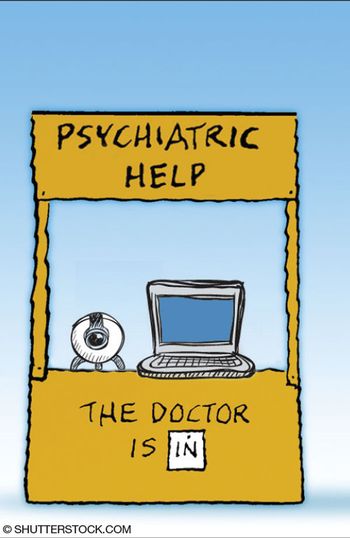
When timely psychiatric care or consultation is difficult or impossible to obtain, telepsychiatry may be an acceptable, economical, and effective alternative.

Is there clinical evidence for the use of digital tools like smartphone apps for schizophrenia and other psychiatric illnesses?

Clinicians have a powerful voice that can be used to address cyberbullying, improve campus climate, and support a positive undergraduate experience.

With now over 165,000 health care apps directly available for download today, how can psychiatrists identify which are the most helpful and which to avoid?

A podcast on new digital technologies for psychiatry.

This will be a busy year as the role of new digital tools in medicine converge to offer novel opportunities to clinical care.

The research on electronic aggression among college students indicates that it is highly prevalent, with over 93% of college students reporting some negative effects due to electronic victimization.

As technology continues to expand exponentially, so does our potential to harness these technological capabilities to expand the field of psychiatry. At Psychiatric Times this year, we highlighted a range of topics on these advancements.

Can mobile technologies advance care for schizophrenia? The research literature strongly supports feasibility, although clinical data on validity, safety, and efficacy are still lacking.

The Medici effect is upon us in biomedicine, and it’s called convergence science.
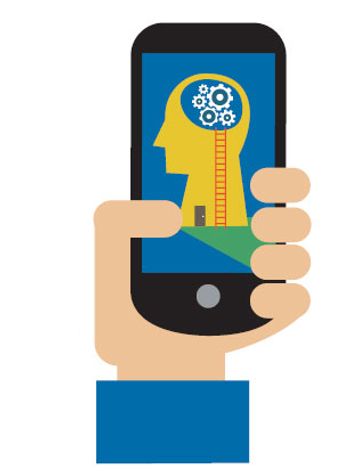
How will mobile mental health technologies change the nature of the psychiatrist-patient relationship? And do these technologies truly deliver what they promise?

Internet-based CBT has shown promise to improve access to therapy for patients with OCD, which is associated with a profoundly diminished quality of life and social isolation.

Telehealth is at a tipping point and is gaining momentum. Although there are some technological and logistical hurdles, most clinicians would likely find these to be minor and outweighed by the benefits of expanding access to mental health care to those in need.

A psychiatrist reviews some digital apps you might suggest as an adjunct to established interventions (eg, medications, therapy) for adult ADHD.
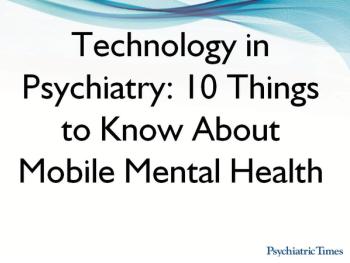
Many questions remain about privacy, ethics, and clinical utility, but the fact remains, mobile is the fastest growing technology in human history.

Mobile health interventions are helpful to patients receiving medications that reduce cravings, but what about adherence-focused monitoring?
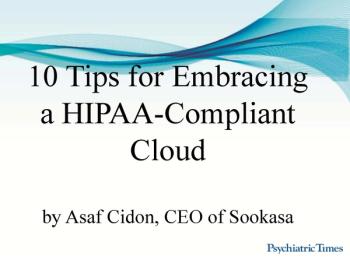
Using the cloud in a savvy way can make your work easier and keep your patients happy-as long as you deploy it in a secure way. Here are 10 tips for embracing the cloud in your psychiatric practice.

What if we were able to harness the immense power of our digital connections to create tools that can potentially make our lives happier and healthier?

Here: a look at Mobilyze and CrossCheck--2 apps currently in development that are embedded within smartphones and designed to capture objective data on patients to provide timely treatment and relapse prevention.

Because of the widespread use of selfies by young people in social media and digital communication, it is important to examine the psychology behind the selfie as well as ways mental health professionals can talk to adolescents and their parents about these issues.